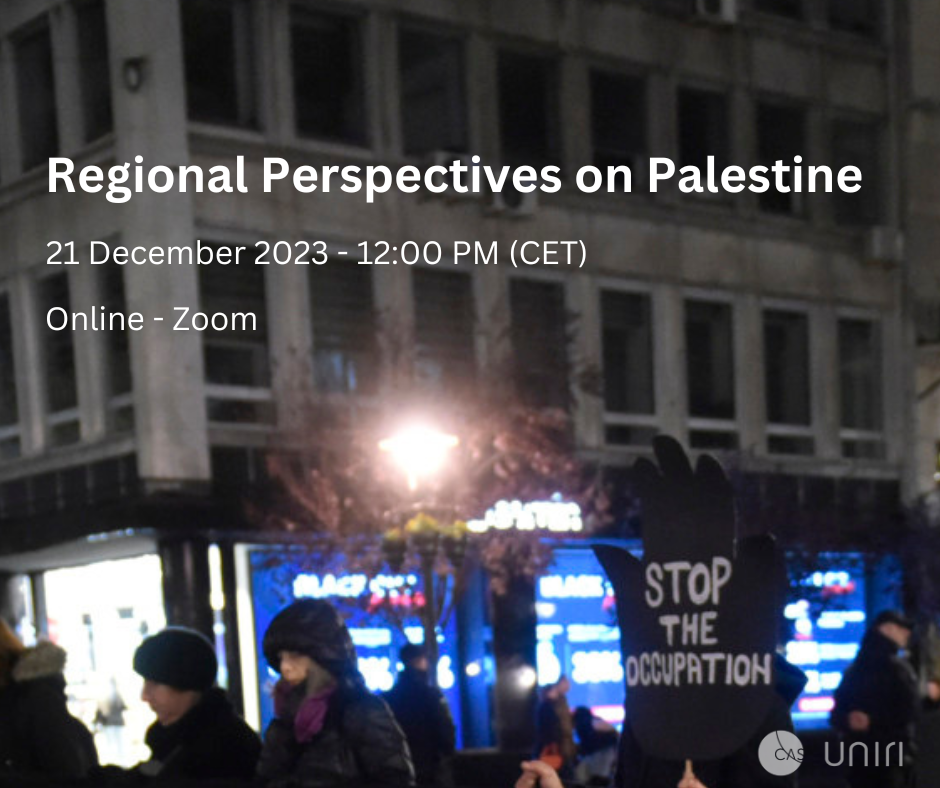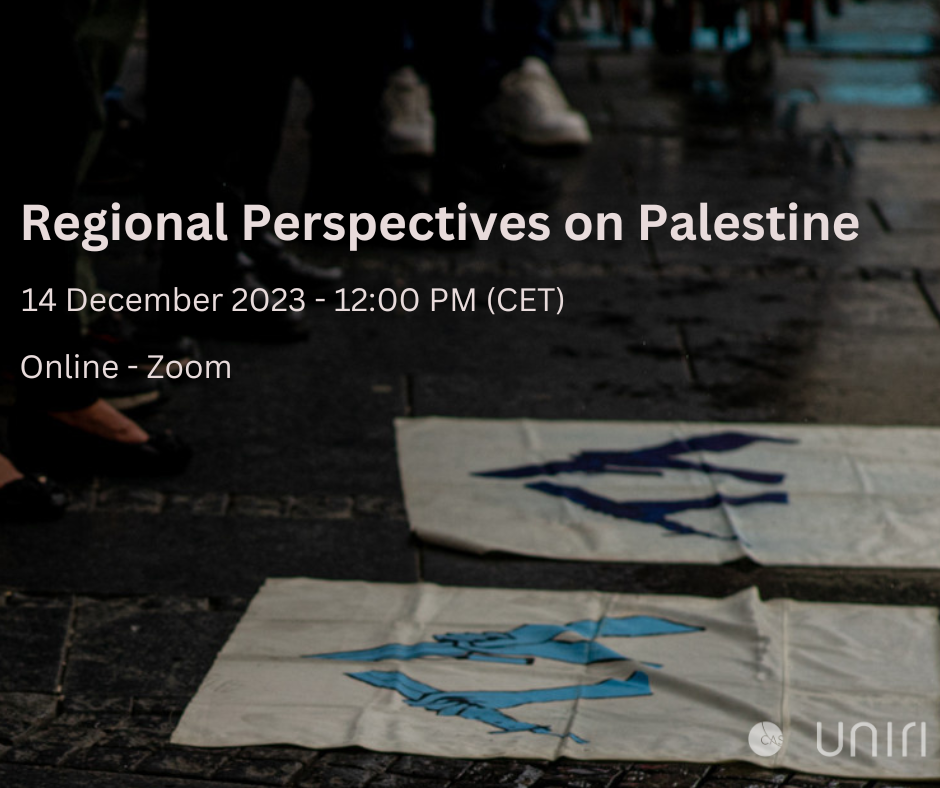Structural Injustice, Shared Obligations, and Civil Society
In this co-authored paper, we aim to shed more light on the shared obligations of individuals to address structural injustice. Following Iris Young, structural injustice occurs when a myriad of institutional and individual actions leads to outcomes that unfairly disadvantage many people (Young, 2011). To address structural injustice, individuals should take collective actions, including participation in civil society organizations (CSOs), but it is up to them to decide how and when to do so. We call this discretionary view. In the paper, we point to difficulties the discretionary view faces, and we argue that they can be overcome by a proper understanding of the moral relevance of CSOs. Once we acknowledge the importance of the role CSOs play in our moral universe, we might as well accept that our discretion with regard to supporting them is not as broad as many tend to think[1].
[1] Paper co-authored with Zlata Bozac (CEU).
Jelena Belić is a political philosopher working on a variety of issues including theories of cosmopolitanism and global justice, human rights, political obligation. More specifically, her interests include but are not limited to the role of formal and informal institutions in practical reasoning, Hume’s work on conventions, natural duties of justice, the debate between moral and political conceptions of human rights, philosophy of international relations, philosophy of law. Besides doing research, Jelena is also interested in methods of teaching philosophy as a subject. Jelena received her PhD in political philosophy from the Central European University in September 2018 for defending the dissertation “On the State’s Duty to Create a Just World Order”. She is a visiting lecturer at Eötvös Loránd University in Budapest.
The seminar was held at the University of Rijeka at January 30, 2019.




